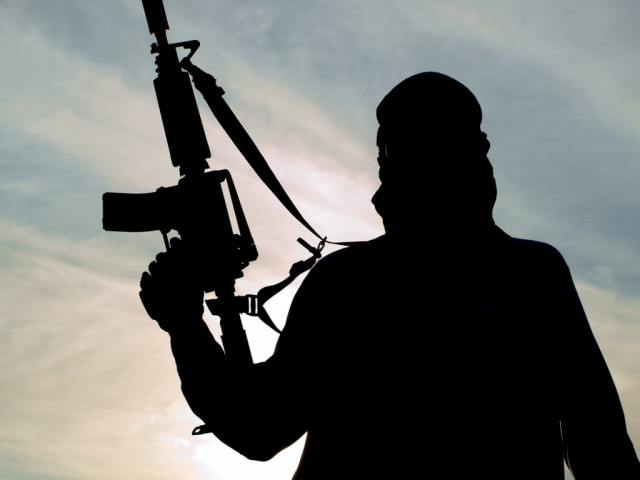Consensus building: The politics of peace talks
While the PML-N and JUI-F are on the same page, differences with the PTI remain.

While the PML-N and JUI-F are on the same page, differences with the PTI remain. PHOTO: FILE
While establishing peace may have been the top agenda for both federal and provincial governments, the process has barely inched forward because of a lack of consensus between mainstream political parties on how to proceed with the so-called “peace talks”.
Prime Minister Nawaz Sharif on Wednesday announced he would hold an all-parties conference on militancy on July 12. Before the Jamiat Ulema-e-Islam-Fazl (JUI-F) joined the government both the prime minister’s party, the Pakistan Muslim League-Nawaz, and the JUI-F had agreed, in principle, on how to proceed with negotiations with the Taliban.
But what remained and remains an impediment are differences between the JUI-F and Pakistan Tehreek-e-Insaf (PTI) on the matter.

The JUI-F has made a policy document for peace talks titled “The indigenous conflict resolution mechanism,” which the PML-N is a signatory to. But the PTI wants to make its own roadmap.
Last week, JUI-F chief Maulana Fazlur Rehman met Khyber-Pakhtunkhwa Chief Minister (CM) Pervez Khattak, in what was the first formal meeting between the two parties.
A source privy to the meeting said while both parties agreed on initiating talks with the Pakistani Taliban, differences remained in the methodology.
“The PTI wants to hold an all-parties conference and restart the procedure of developing a consensus on terrorism,” a senior member of the JUI-F told The Express Tribune. The JUI-F stressed that a conflict resolution mechanism already existed, but no breakthrough was made in the meeting.
The Khyber-Pakhtunkhwa government said it wants to make its own system as well as a strategy for talks, which for the JUI-F means going back to square one and sabotaging both the national consensus on peace talks and the party’s policy.
However, a PTI lawmaker, who did not wish to be named, said although the chief minister had agreed in principle to the JUI-F’s strategy on talks, the final decision will be made by the party’s leadership. “We are still not sure about attending the APC on the 12th,” he said.
He added PTI chief Imran Khan will be visiting Khyber-Pakhtunkhwa in the next few days. “A meeting between him and the JUI-F leadership is a possibility,” he said, adding the CM himself was eager that talks between the parties be held.
The controversial issue of negotiations has trickled down from the previous government. Initially the Awami National Party (ANP) and then the JUI-F took all parties on board to develop a consensus on tackling terrorism. It was after the JUI-F’s February APC that the political setup decided the best way forward was to negotiate with the Taliban.
Fazl’s spokesperson Jan Assakzai, who has co-authored the policy document, confirmed the development, adding that a ‘Qaumi Jirga’ is being initiated, which has the support of almost 1,200 ulema and tribal elite from the Federally Administered Tribal Areas, to lead the talks. “It’s the tribal setup that needs to be taken into consideration,” he said, adding that the jirga has earned the trust of both the government and the Taliban.
Assakzai said the PTI is now part of the parliament and it is important that the party be on board for any national consensus. “Although Imran Khan did not attend our APC previously, he sent a message to Maulana Fazlur Rahman to convey his support,” he added.
Earlier, Khyber-Pakhtunkhwa Minister for Health Shaukat Yousufzai had said the K-P government was to convene an APC for negotiations with the Taliban, while citing the developments in Qatar. CM Khattak had previously met a number of religious figures, including Maulana Samiul Haq, the chief of Jamiat Ulema-e-Islam-Sami and head of Darul Uloom Haqqania , and Maulana Muhammad Tayyab of Panjpir, Swabi, to name a few, for negotiations.
Until differences between political groups are smoothened out, peace talks will remain in limbo, forcing many to believe that there is no solid road map to follow.
Published in The Express Tribune, July 5th, 2013.













COMMENTS
Comments are moderated and generally will be posted if they are on-topic and not abusive.
For more information, please see our Comments FAQ